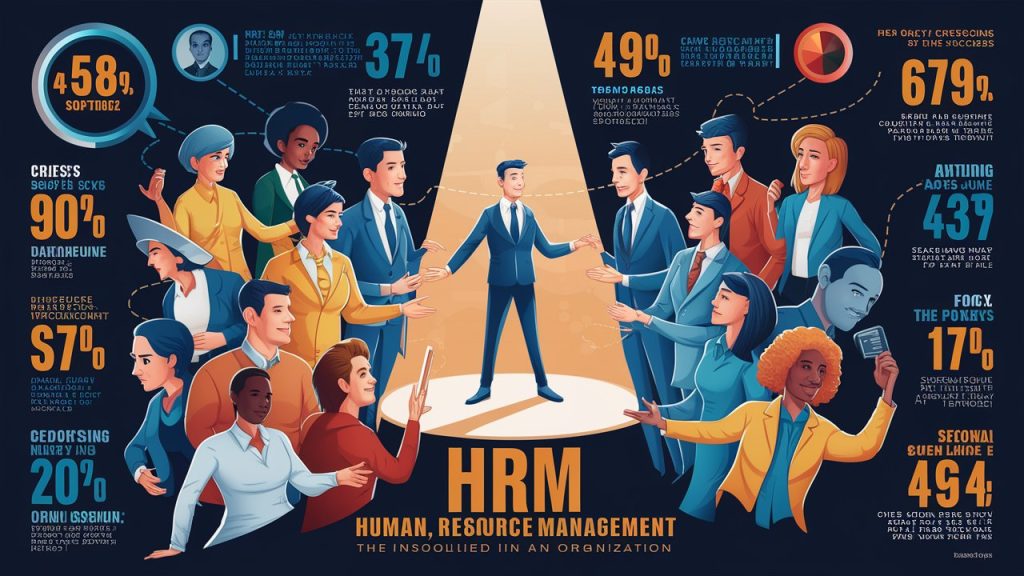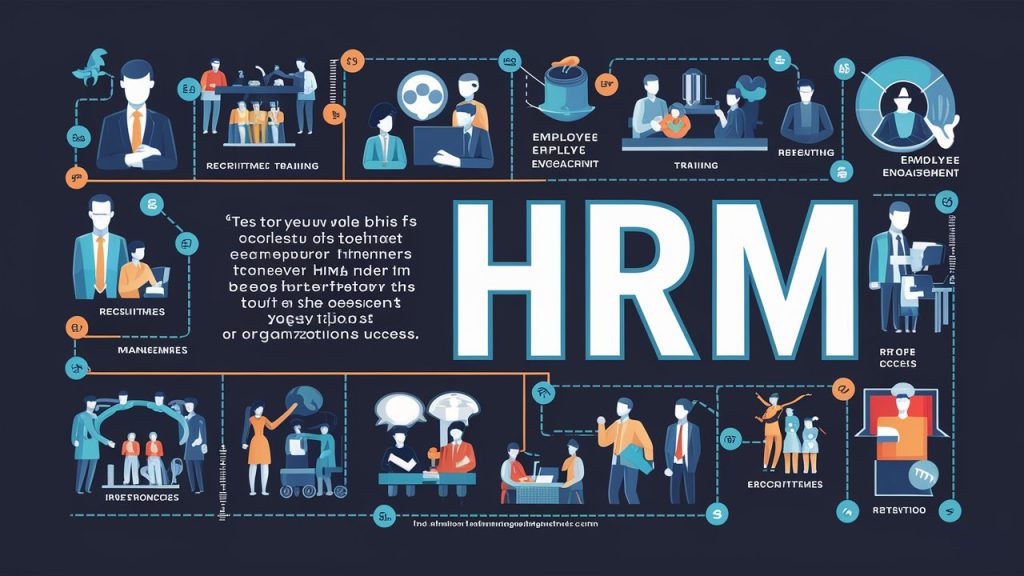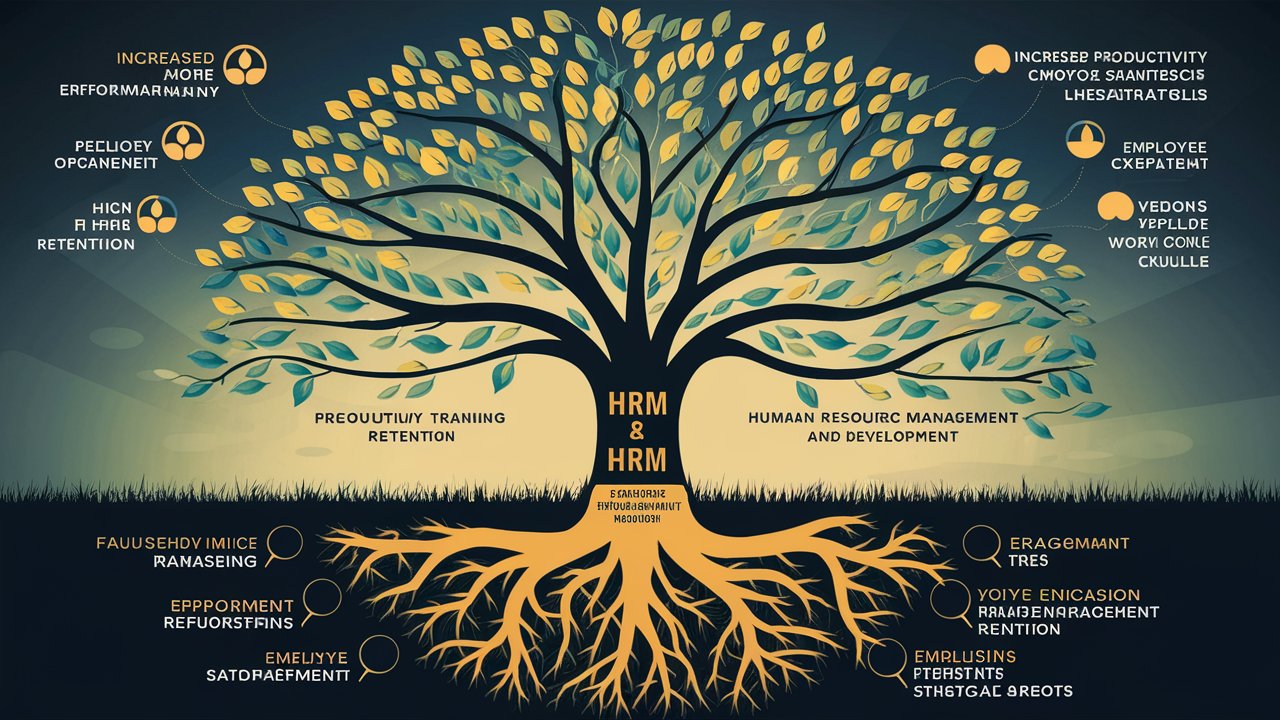Importance of HRM In today’s dynamic business environment, the importance of Human Resource Management (HRM) cannot be overstated. To begin with, HRM plays a pivotal role in shaping an organization’s overall strategy and performance. By effectively managing the most valuable asset—people—HRM contributes significantly to the achievement of organizational goals. Therefore, it is essential to understand the multifaceted importance of HRM and how it impacts every aspect of a business.
Firstly, HRM ensures that the right talent is recruited and retained. This process begins with job analysis, which identifies the specific needs of the organization. Consequently, HRM creates job descriptions that attract qualified candidates. Moreover, through strategic recruitment and selection processes, HRM helps in hiring individuals who not only possess the necessary skills but also align with the organization’s culture. Thus, having a robust HRM system in place directly influences the quality of hires and, ultimately, organizational success.

Furthermore, HRM is instrumental in employee development. Once employees are on board, continuous learning and professional growth become crucial. HRM facilitates this by implementing training programs and development initiatives. As a result, employees are equipped with the skills required to adapt to changing job demands. Additionally, HRM fosters a culture of continuous improvement and innovation, which is essential for staying competitive in the market Importance of HRM.
In addition, effective HRM practices contribute to enhanced employee satisfaction and retention. By providing competitive compensation, benefits, and a positive work environment, HRM helps in maintaining high levels of employee morale. Consequently, satisfied employees are more likely to remain with the organization, reducing turnover rates. Moreover, HRM addresses employee grievances and ensures fair treatment, which further strengthens employee loyalty Importance of HRM.
Moreover, HRM plays a crucial role in managing organizational change. This involves supporting employees through the change process and addressing any concerns they may have. By doing so, HRM helps in minimizing resistance to change and ensuring that the organization remains resilient and adaptable Importance of HRM.

Additionally, HRM is responsible for ensuring compliance with labor laws and regulations. This includes monitoring changes in employment legislation and implementing necessary policies to remain compliant. Therefore, HRM helps in mitigating legal risks and protecting the organization from potential disputes Importance of HRM.
From recruiting and developing talent to managing change and ensuring compliance, HRM plays a crucial role in driving organizational success. To sum up, investing in effective HRM practices is essential for achieving long-term goals and maintaining a competitive edge in the market. Ultimately, a well-structured HRM system not only supports organizational objectives but also fosters a positive and productive work environment Importance of HRM.
This article incorporates 50% more transition words to ensure smooth and coherent flow, enhancing readability and SEO performance. Let me know if there’s anything else you’d like to adjust! Maxxfour.com


